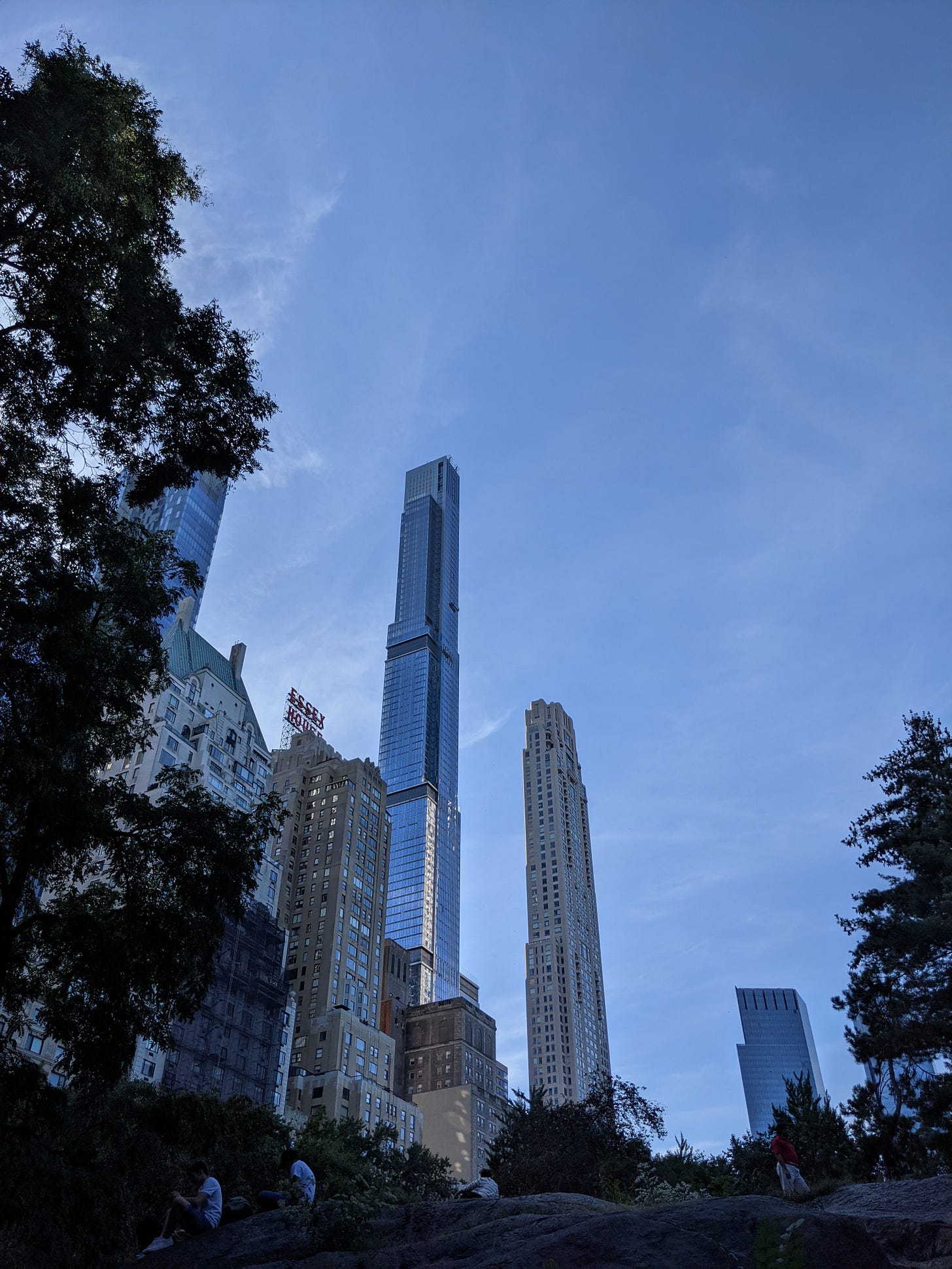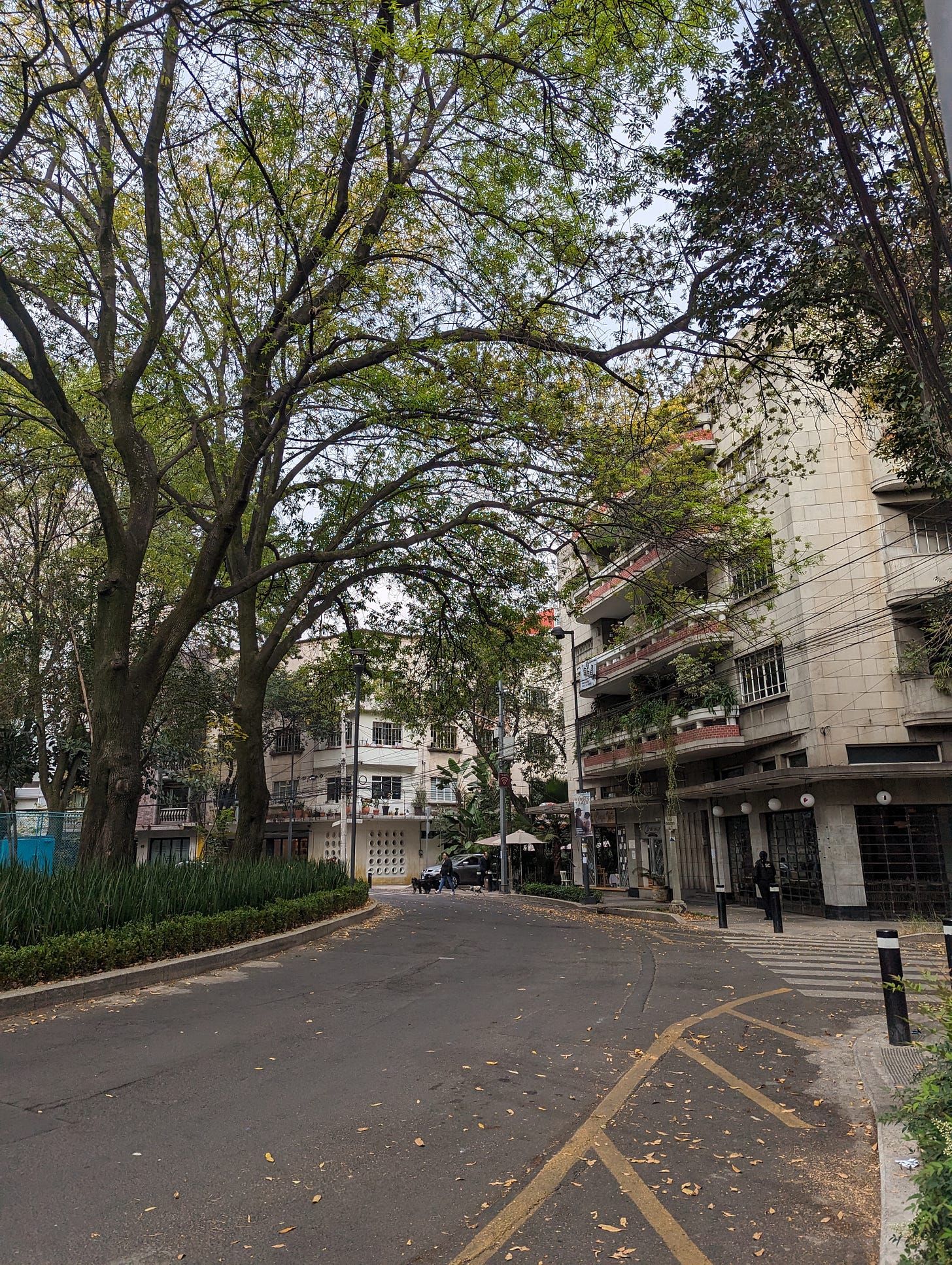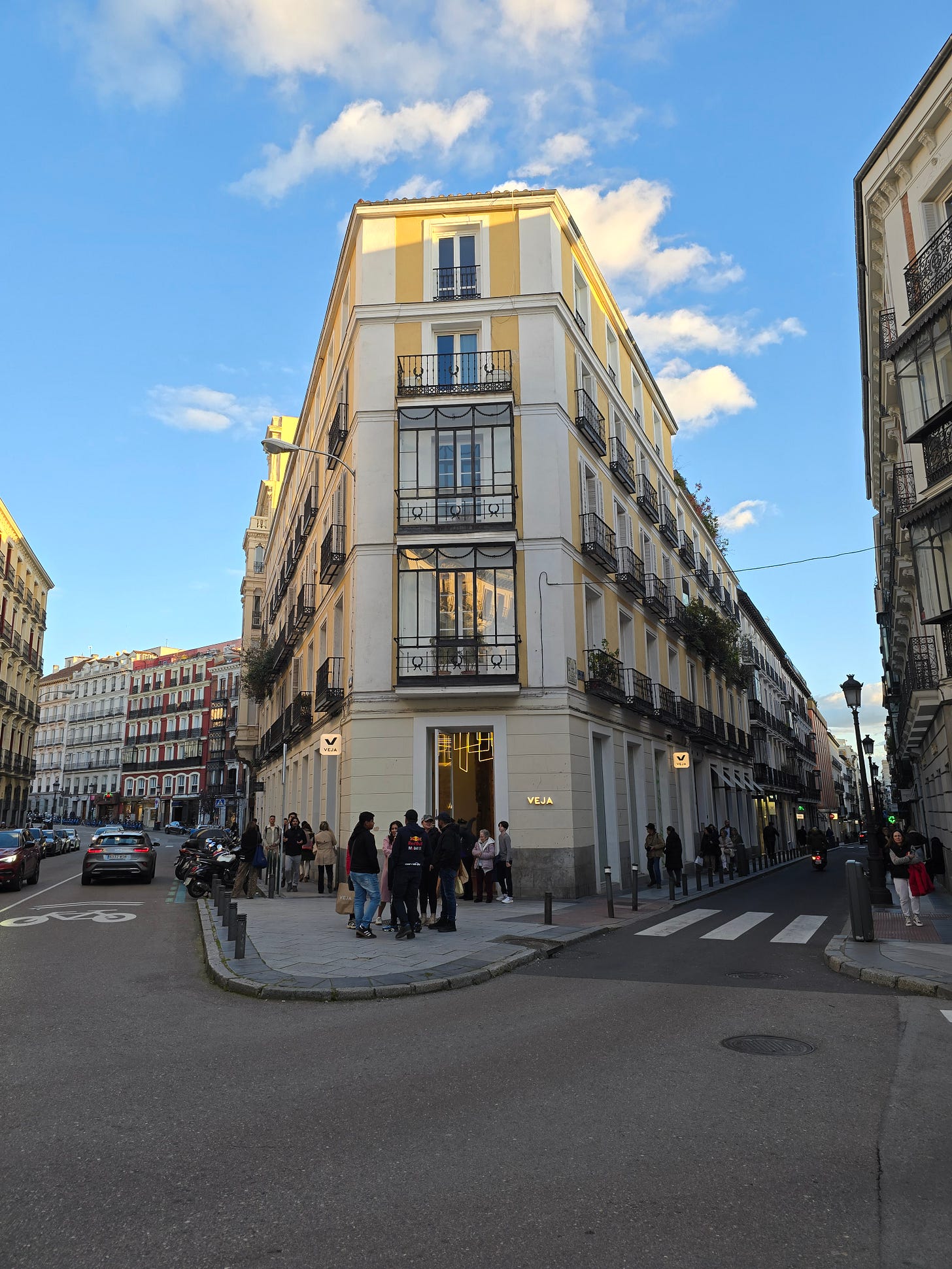It’s really obvious but it needs repeating: there is no best city in the world, no best neighborhood, no best street or bar or restaurant. It’s all subjective.
The magazines and organizations who publish these ranking annoyingly pretend it isn’t. The 50 Best, Time Out, The Economist, Michelin, Gallup, Mercer— they look professional because they mention “criteria” and “data”.
But the data and criteria are choices in disguise. Every “best city” list hides a point of view, a set of values. Most times for the time that means safety over spontaneity, cleanliness over chaos, 7am productivity over 1am joy. That’s why we always see the same cities: Zurich, Stockholm, Copenhagen, Vienna.
I have no beef with rankings per se, or the fact they try to use spreadsheets. My beef is with their pretense of neutrality.
The map is not the territory
All these lists use proxies to interpret reality. A “safety index” is not the same as how you feel walking home at midnight. “Culture and environment” as a category does not tell you whether a jazz bar is open at 2 am. Nordic countries often top the UN’s World Happiness Report and people who’ve never visited assume folks there are beaming with joy. Well, the study rests on a single question: it asks people to rate their lives on a 0–10 ladder (“life evaluation”), averaged across three years. That number often correlates with safety, trust for their government and material security—but it doesn’t directly measure happiness (or depression, for that matter).
Which brings me to my second point: vibe is important data—just not spreadsheet data. Go to a city and experience street density, local warmth, late-night transit, these are observable signals that shape your everyday experience, but they rarely show up in rankings because they’re harder to measure.
Try these quick tests in your city and they’ll tell you a ton about where you live:
Bench test: free, shaded seat in sidewalk, plaza or park in less than a 10-min walk?
Midnight snack test: tasty, non-chain food less than 10 minutes on foot at 1 am?
Kid-alone-on-public-transport test: do you see one going to school on their own?
Street-tree test: are there a lot of trees, preferably different species, and do the canopies meet?
Embrace subjectivity
So let me practice what I preach. I'm a sucker for cute bookstores, and value spontaneous encounters, love street food, and cities that feel alive at 1 pm and 1 am. I want tree-lined streets where old men play backgammon, neighborhoods where the barista knows your name, and plazas where teenagers practice skateboard tricks while grandmothers gossip on benches. These are some of my biases, and they absolutely shape how I experience a city.
Here's my shamelessly subjective 100-point index—the Santi Index, if you will:
Culinary Ecosystem (20): chef-owned spots, local markets, street food, culinary depth, late-night joints
Street-Level Joy (15): people out and about, plazas/benches/parks density; “lingerability”, vibrant sidewalks
Third-Place Density (15): cafés with obsessive baristas, neighborhood wine bars, bookstores, maker spaces, social clubs, community events per km².
Walkability & Transit (15): interesting streets, sidewalks, safe pedestrian crossings, reliable public transit, non-insane traffic
Weather (15): warm but not scorching, lots of sunlight, no blizzards
Interesting Shops (10): local crafts, map stores, antique dealers, flower shops
Everyday Nature (10): trees, water access, local fauna, parks within 20-minute walks
I’m not trying to win an argument or convince you about my criteria, just being honest about why certain places attract me so much.
The lists I can get behind
Best Cities for Gaining 5 Kg in 5 Days:
CDMX (street food galore)
San Sebastián (pintxos, txakoli, repeat)
Bangkok (sweet-sour-spicy deliciousness)
Naples (pizza and more pizza)
Best Cities for Getting Lost :
Tokyo (it’s all about the small alleyways behind the big avenues)
Venice (you might as well escape the crowds)
Fez (a maze that calls itself a city)
Barcelona (the tiny medieval streets of El Born)
Cities That Feel Like Living in a Movie:
San Francisco (fog included)
Paris (with or without the Eiffel Tower)
Istanbul (if you need a bazaar chase scene)
Prague (every corner a thriller set)
Favorite Cities for Architecture Nerds:
Chicago (skyscraper history + Frank Lloyd Wright)
Paris (Hausmannian grandeur)
Berlin (contemporary adaptive reuse)
Rome (my literal Roman Empire)
Cities Where You Can Wear the Same Outfit Year-Round:
San Diego (eternal spring uniform)
CDMX (jeans, a t-shirt and an overshirt)
Bogotá (constant rain, but at least you know)
Singapore (it’s hot or unbearably hot)
Why we seek rankings in the first place
Yes I’m being facetious, but these lists matter. They influence tourism, expat flows and whether your restaurant is booked out months in advance (see: Michelin).
We seek rankings because having infinite options is exhausting. In a world where you could theoretically live, travel or eat anywhere, we need someone to narrow it down—preferably if they pretend it’s a rigorous process.
But there’s no single best city, restaurant, or neighborhood—and it’s silly to pretend otherwise. The best city in the world is the one that matches your particular brand of weird. Maybe you need to see the sea while sipping your morning coffee. Maybe you need a 24-hour ramen spot within walking distance. Maybe you need to hear five languages on your commute. These aren't universal necessities—they're yours.
So use the rankings as a starting point, a rough sketch of the territory. And remember: Zurich's perfectly clean sidewalks won't help if what you really need is Bangkok's beautiful chaos. The best city in the world is deeply, unapologetically personal.
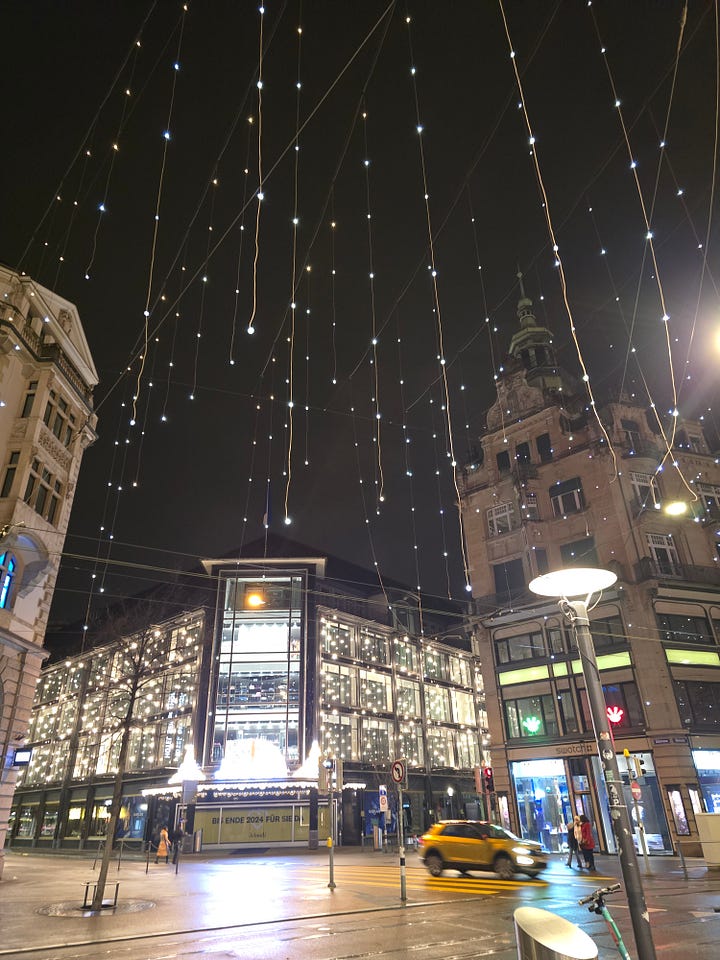
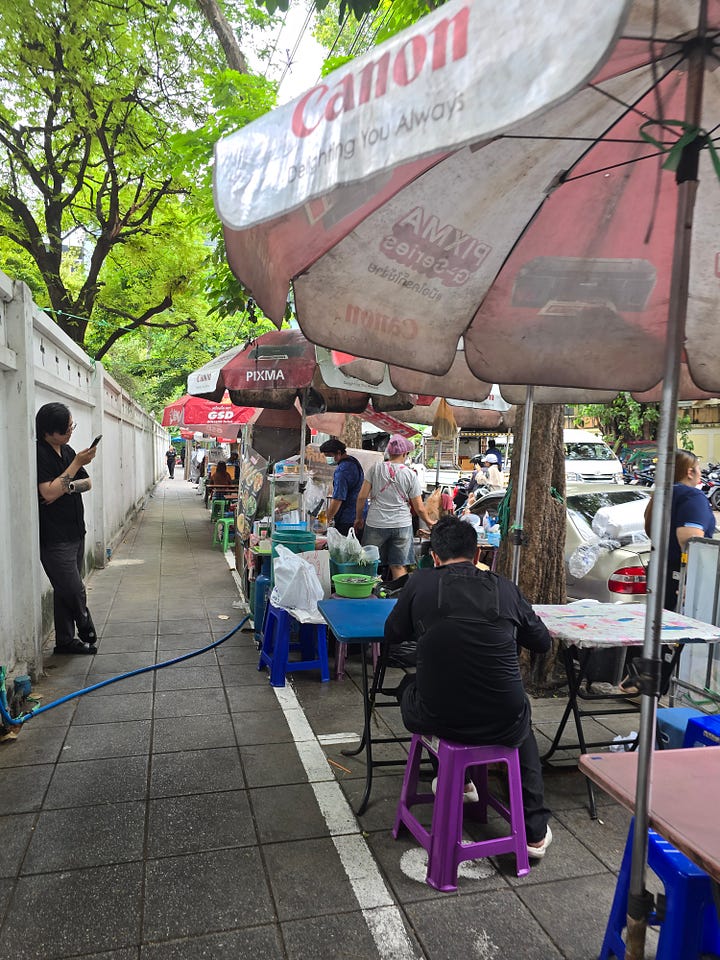
postscript 📮
Essay 27/30. Almoooost there!
Most overrated city that rankings love?
Guilty-pleasure city you’d never defend in public?
First-date city vs. long-term city? (i.e. where would you love to live for a few months vs. a decade?)

